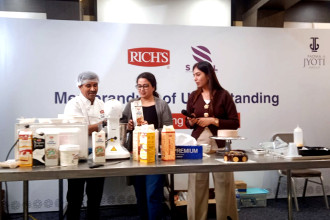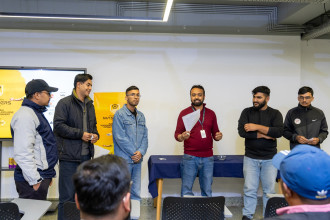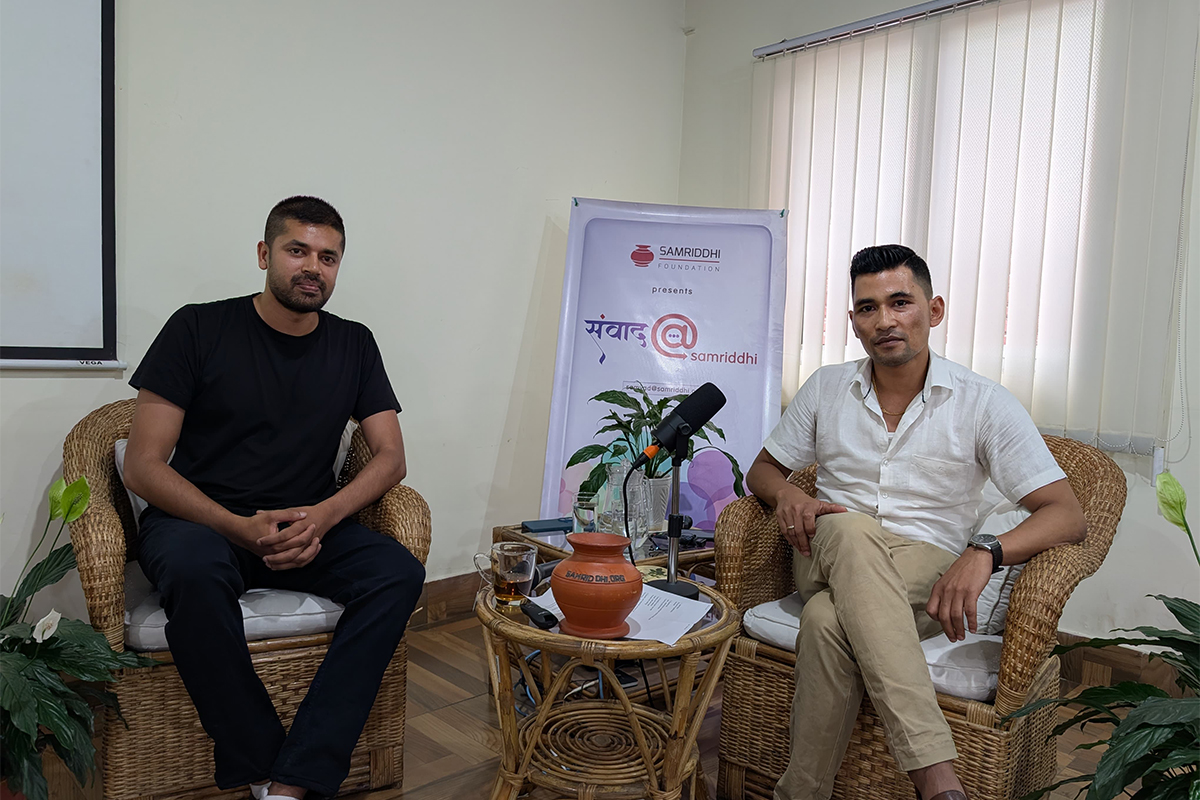
KATHMANDU: Samriddhi Foundation hosted a discussion programme with Rupesh Sah, Founder of Bodhi Natural, on June 27. The discussion focused on licensing and registration restrictions that correlated with Sah’s early struggles in the industry.
Sah’s journey began with researching different sectors of the economy around 2017–18. During this time, he learnt about the alcohol industry and investigated brewing methods. He taught himself how to brew wine, chhyang and other beverages. He saw potential in opening an alcohol brewery in Nepal, as equipment, manpower and technology are readily available, but there was no process for registering a brewery.
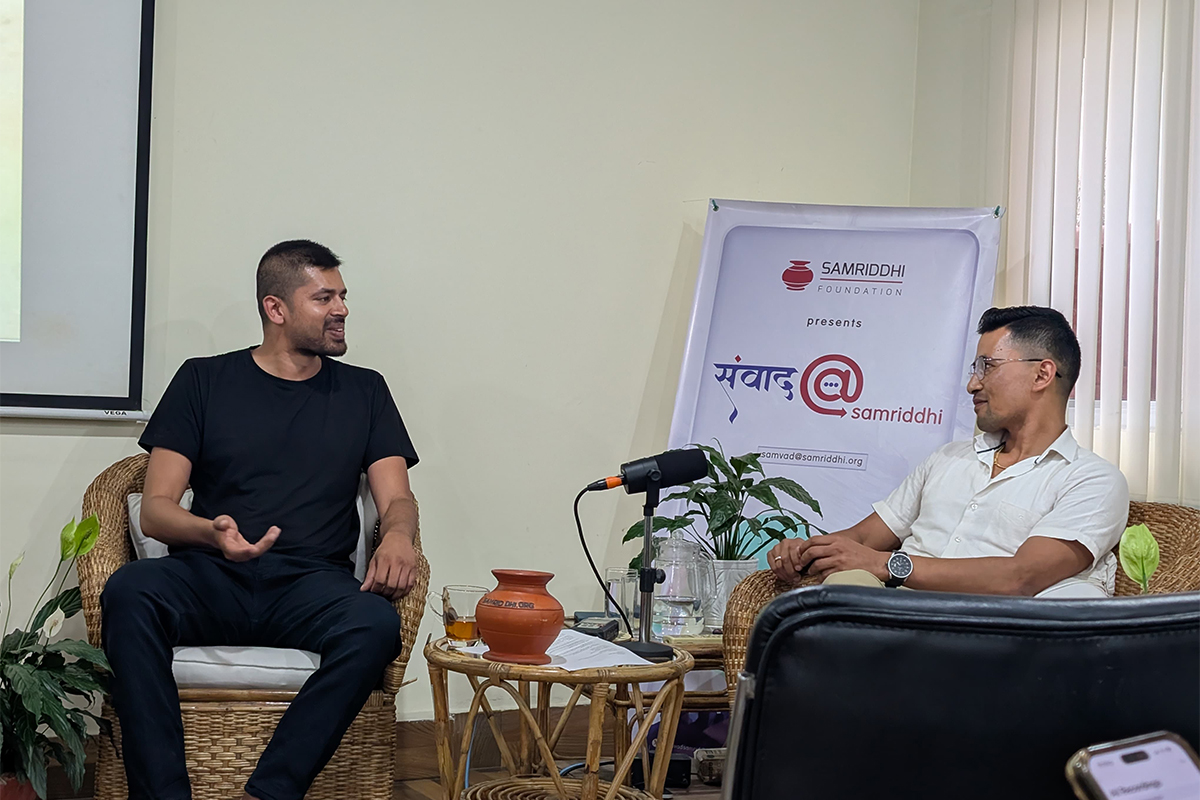
"I wanted to open a microbrewery and went through numerous offices to try to register," said Sah. ‘But I quickly found that there was no process for registration.’
Upon further investigation, he realised that multiple micro-business ideas could not be registered in Nepal. He did not know why, as the process seemed straightforward and production was relatively uncomplicated.
"The main issue is that a licence is not available. The regulations and quality control we have currently work for any industry or business, big or small," explained Sah when asked about quality control for micro-industries. The lack of licensing and registration has led many up-and-coming entrepreneurs to lose hope and abandon their ventures.
After years of trying, he decided to open an eco-friendly cleaning-supplies company, Bodhi Natural. Although he had given up on establishing a microbrewery, Sah is still searching for the rationale behind those registration and licensing restrictions.
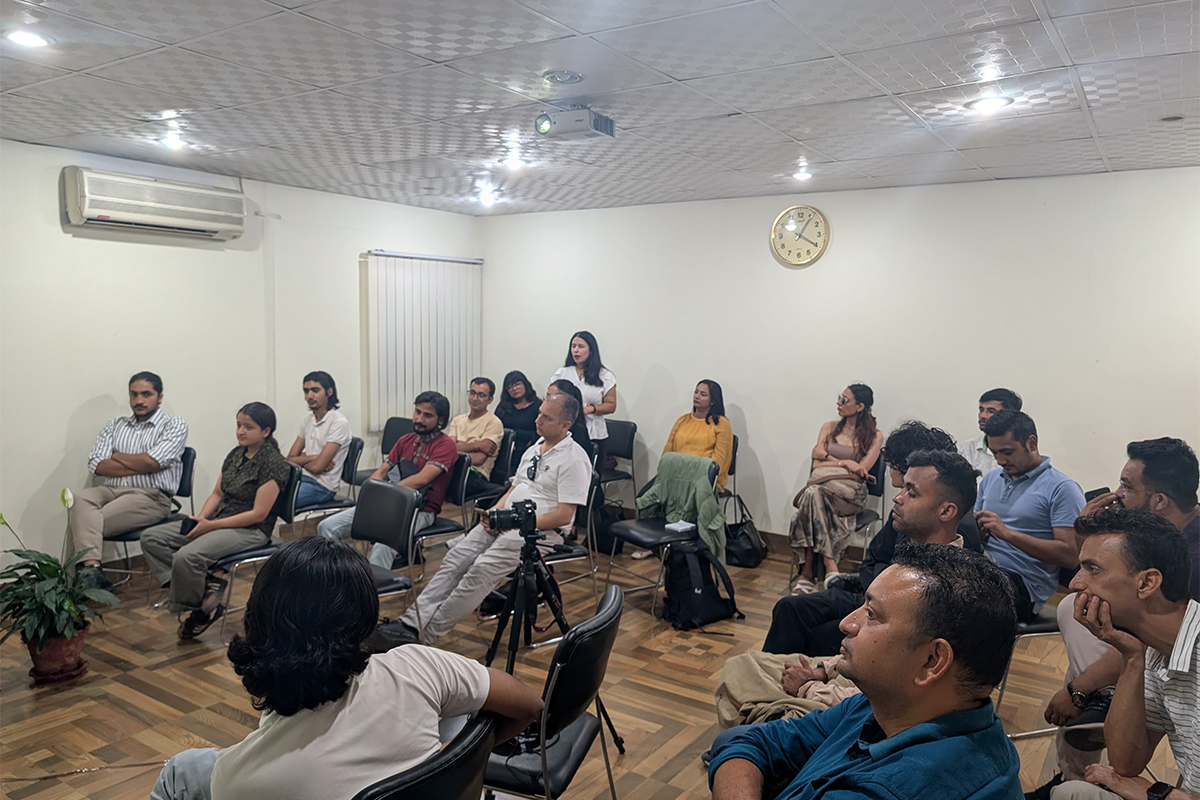
Even though he complained about not being able to register his brewery or any micro business, he believed that “oligopoly”- where a small number of companies control the majority of the market - is the reason for it all. Sah claimed that if given a chance, multiple people could earn Re 1, but due to oligopoly, one person earns Rs 100.
"I realised that nations with syndicates fail. Oligopoly is not good for our country, and future leaders need to understand that and focus on its key aspects," added Sah.
He believes the economy is unfair and demands fairness. He is tired of the situation and wants opportunities not only for himself but also for others. "It’s no longer about obtaining a licence; it’s about fairness. If they were to offer me one just to silence me, I wouldn’t accept it unless everyone else who wants one also gets one."
Sah mentioned that society lacks an entrepreneurial mindset, there are no incentives for change, and regulations need to evolve with the economy. The narrow-minded nature of Nepal has led to scarce opportunities and frustrated manpower leaving the country in search of better prospects.



